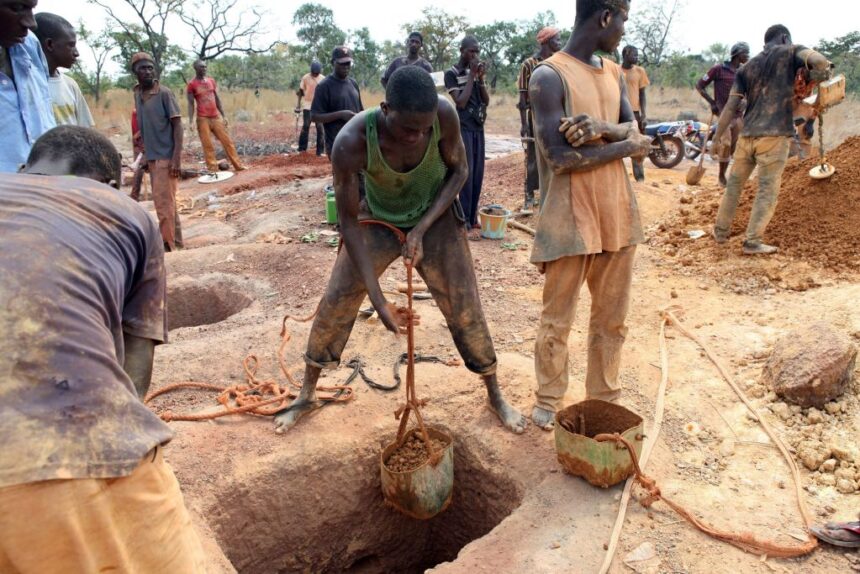Mali is set to receive 750 billion CFA francs ($1.2 billion) in the first quarter of 2025, driven by reforms in its mining sector.
Finance Minister Alousseni Sanou disclosed this to Mali’s National Transition Council, noting that 500 billion CFA francs had already been received in December 2024 after negotiations with mining companies.
The reforms follow an audit that revealed a revenue shortfall of 300 to 600 billion CFA francs. In response, Mali’s military-led government adopted a revised mining code in 2023, which introduced stringent financial obligations for mining companies, including back taxes and dividends. The new regulations aim to ensure fair contributions from the mining industry to Mali’s economy.
One of the most notable provisions in the new mining code is the increase in the government’s ownership stake in mining projects, from 20% to 35%. Additionally, the government is entitled to a 7.5% royalty on sales if gold prices exceed $1,500 per ounce. These measures have strengthened Mali’s control over its mineral wealth and ensured a greater share of the profits from gold mining, one of its key industries.
- Advertisement -
Several mining companies have complied with the new regulations. For example, Australia’s Resolute Mining paid $160 million to resolve a tax dispute after its executives were detained. Similarly, B2Gold Corp. and Allied Gold Corp. entered agreements involving settlement payments for their Fekola and Sadiola mines, along with plans for expansion. However, Canadian company Barrick Gold has threatened to halt operations, disputing a $512 million claim for unpaid taxes and profits.










